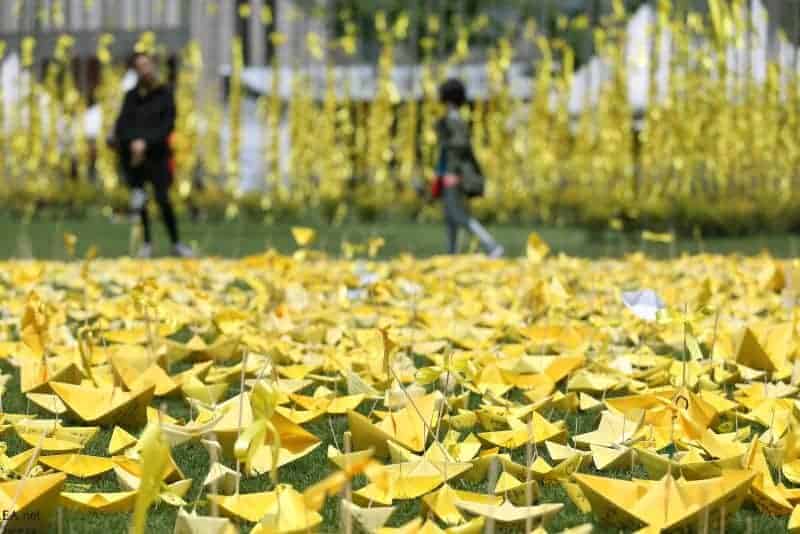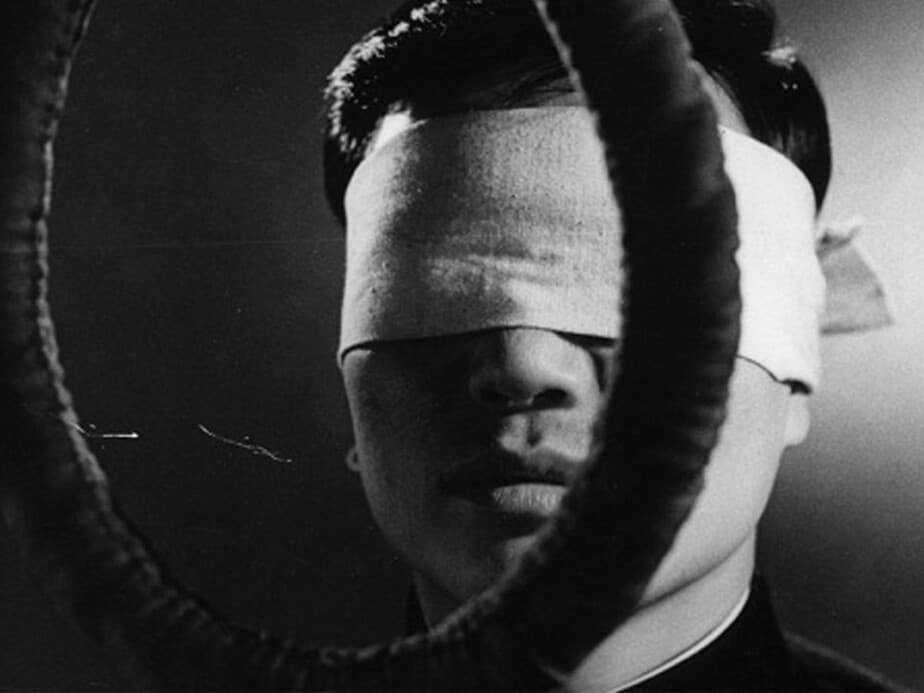There are countries whose censorship of the internet does not raise anybody’s eyebrows. These countries have such undemocratic regimes that their crack down on the freedom of the people’s online navigation is expected. For whatever reasons – religious, political, moral, or ethical – Tunisia’s, Syria’s, Iran’s, UAE’s, and North Korea block internet connections, their censorship comes as no surprise. There are also countries, such as Ukraine, for example, that, in attempt to wage an information war on Russia, disallows its citizens to use Russian websites. Azerbaijan is similarly noted for blocking content belonging to Armenia. These countries’ control of the internet directed at their political adversaries is unpleasant but also predictable.
Yet there are countries whose internet censorship sounds almost incredible, due to their good reputation for democracy and freedom of speech, or at least for technical advancement. South Korea is exactly a country that you would not suspect of internet surveillance. And yet, contrary to our expectations, not everything on the internet is accessible here: its government indulges in filtering and blocking activities, too. This article is explaining who controls the internet in South Korea, highlighting the reasons why the use of a Virtual Private Network, a review of which you can read here, is unavoidable even in this country.
There are two organizations in South Korea responsible for internet censorship: the Korean Communications Committee and the Korean Communication Standards Committee. Established in 2008, the Korean Communication Committee (KCC) conducts surveillance of the whole media in the country. Subordinated to the KCC, the Korean Communication Standards Committee (KCSC) is in charge specifically of the internet, supervising its conformity to required standards. It censors thousands of URLs weekly. One of its prerogatives is to ask internet providers to block websites of whose activities it does not approve.
The main reason why the Korean Communication Standards Committee may forbid some content is its violation of the Korean laws or social norms. A threat to national security and the corruption of public morality likewise incur blocking. In the times of elections in the country, the committee also vigilantly supervises discourse about candidates and their campaigns. Pornographic websites have long been banned in South Korea, and anyone now publicizing pornographic content faces fines or imprisonment. Any content prizing the politics of North Korea is banned, too. The fine received by websites violating the KCSC’s standards amounts to 20 million KRW, roughly equivalent to US$17,613. Or they receive up to two years of prison sentence.
Voices have recently been heard criticizing the activities of the Korean Communication Standards Committee. The main criticism leveled at the committee concerns its unclear, vaguely formulated definition of what it calls “illegal and detrimental information in the cyberworld.” “Illegal content” is rather an umbrella term that can include different sorts of information, from political jokes to gambling activities, which often points to the biasness of the KCSC’s judgements. The committee is not unknown for restricting users’ online anonymity or closing down an entire website because of several unwelcome comments posted on it. According to recent statistical data, thousands of Korean websites get blocked or deleted each year by the Korean Communication Standards Committee. Among these websites are those that promote gambling, illegitimate food, illegal medicine, obscenity, and violation of laws. But again, the range of what can be considered defamation, obscenity, and violation of laws is wide: people in South Korea can be fined or even imprisoned for clicking on websites maintained by North Korea or posting nonsensical jokes about Korean leaders.
It is certainly true that in comparison to other countries, the internet is censored in South Korea in a mild manner. But its internet surveillance is still real and may cause inconveniences if not serious troubles. What can also create problems for internet users is cyberattacks that are on the rise in the country. People connecting to public WiFi and surfing the internet can never be absolutely sure that their identities and information are secured. There is a need, therefore, to protect yourself when you are browsing the web in South Korea, just to be on a safe side, which can be done with the help of Virtual Private Network services.
A Virtual Private Network or VPN is a service that allows you to access the internet privately and safely by routing your connection through a server and camouflaging your online presence and actions. The VPN software encrypts your data long before your service provider in South Korea – KT Corporation, SK Broadband, or LG Uplus – may see it. Through the VPN, your data streams to the VPN server and then to your online destination, whatever it might be: Google, YouTube, Amazon, or your bank account. With the assistance of the VPN, your online destination is deceived into seeing your data as coming from the VPN and its location rather than from your computer in Seoul.
That is to say, the VPN works as a kind of the third party that connects to the internet on behalf of the user. The security of your online presence becomes strengthened, because the destination site thinks that the traffic origin is the VPN; you yourself remain invisible to it. It cannot detect what websites you are using and what information you are transmitting. Even if the KCSC succeeds in seeing what data you are transmitting on the internet, it will not be able to read it, thanks to the VPN’s encryption of it. Protected by the VPN, you will not be in danger of getting fined or imprisoned for landing on the wrong website or writing an unwelcome comment or observation, when you are staying in South Korea.
South Korea, with its rich culture, eye-catching architecture, advanced technology, succulent food, and beautiful people, is definitely worth visiting. But because of its internet surveillance, you will be right to equip yourself with the VPN before you go there to provide yourself more online security and peace of mind.















